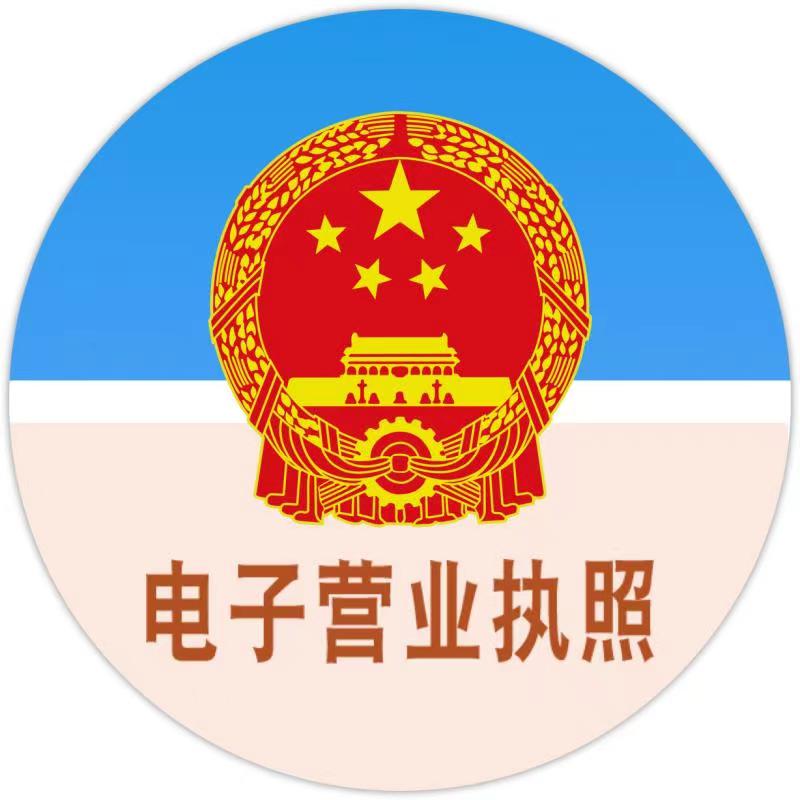China's representative has again strongly urged Japan not to
release time:2023-03-08
On 6 March, the March Board of Governors of the International Atomic Energy Agency (the "Agency") met in Vienna. Liu Jing, Deputy Director of the China Atomic Energy Authority, delivered a speech under the topic of nuclear safety and expounded on China's position and concerns on the disposal of contaminated water from Japan's Fukushima nuclear disaster. Ambassador Li Song, China's Permanent Representative to the International Atomic Energy Agency (IAEA), in exercise of his right of reply, strongly rebuked the Japanese side's sophistry.
Liu Jing said that the discharge of contaminated water from Japan's Fukushima nuclear disaster is related to the global Marine environment and public health, which is not a private matter of Japan. The agency has yet to complete its assessment of Japan's disposal plan, let alone draw specific conclusions. The three reports released so far all point out that Japan's disposal and supervision plan for contaminated nuclear water does not comply with the agency's safety standards, and make many suggestions for improvement. However, the Japanese side ignored the authoritative opinions of the IAEA and the opposition voices at home and abroad, arbitrarily approved the plan of discharging contaminated water into the sea, and accelerated the construction of discharge facilities. This is an extremely irresponsible act of a member state of the IAEA, which has aroused strong concern from the international community and relevant countries.
Liu Jing said that China supports the Agency's work on the disposal of contaminated water in Japan and hopes that the Agency will continue to perform its duties in an objective and impartial manner, fully listen to the opinions of stakeholders, strictly implement the agency's safety standards and international good practices, and assist the international community in ensuring the absolute safety of the disposal of contaminated water in Fukushima.
Liu Jing said that the discharge of contaminated water is not the only possible means for Japan to dispose of the Fukushima nuclear disaster, and Japan should not take the review of the agency's technical working group as a talisman for the discharge of contaminated water into the sea. Japan should not unilaterally interpret, distort and use the relevant reports of the Agency's technical working group to endorse its own sea discharge plan, nor should it ignore the authoritative professional opinions of the agency's technical working group to push forward the implementation of the sea discharge plan, still less set an artificial time limit for the release of the final review report by the Agency's technical working group. The disposal of contaminated water from the Fukushima nuclear plant has a long time horizon and various uncertainties are prominent. Japan should accept effective international supervision on the disposal of contaminated water. At the same time, Japan should face up to the legitimate and reasonable concerns of its neighbors and Pacific island countries and hold full and meaningful consultations with stakeholders.
Li Song said that it is extremely irresponsible for Japan to insist on pushing ahead with the preparation for the discharge of contaminated water from the Fukushima nuclear plant despite the widespread doubts and strong opposition from the international community, including its own people, and attempt to use the agency to endorse it. Many of Japan's neighbors and Pacific island countries, including China, do not trust, distrust and reject Japan's above-mentioned actions. China once again urges the Japanese side to face up to the concerns of the international community and refrain from arbitrarily discharging nuclear-contaminated water into the sea.
Li Song said that the discharge of contaminated water from the Fukushima nuclear plant into the sea is a highly controversial issue, which needs serious and prudent treatment by the international community and IAEA member states. The agency's intervention in relevant issues at Japan's request must be scientific, impartial and transparent, and cannot endorse Japan's maritime discharge. An international arrangement for long-term monitoring led by the agency should be established with the full participation of laboratories and experts from China and other stakeholders. China will take part in the relevant work process of the Agency with a high sense of responsibility.
 Service Hotline:133-9305-7858,If you are interested or in doubt, please call!
Service Hotline:133-9305-7858,If you are interested or in doubt, please call!
YuHe Technology - dedicated to serve you!







